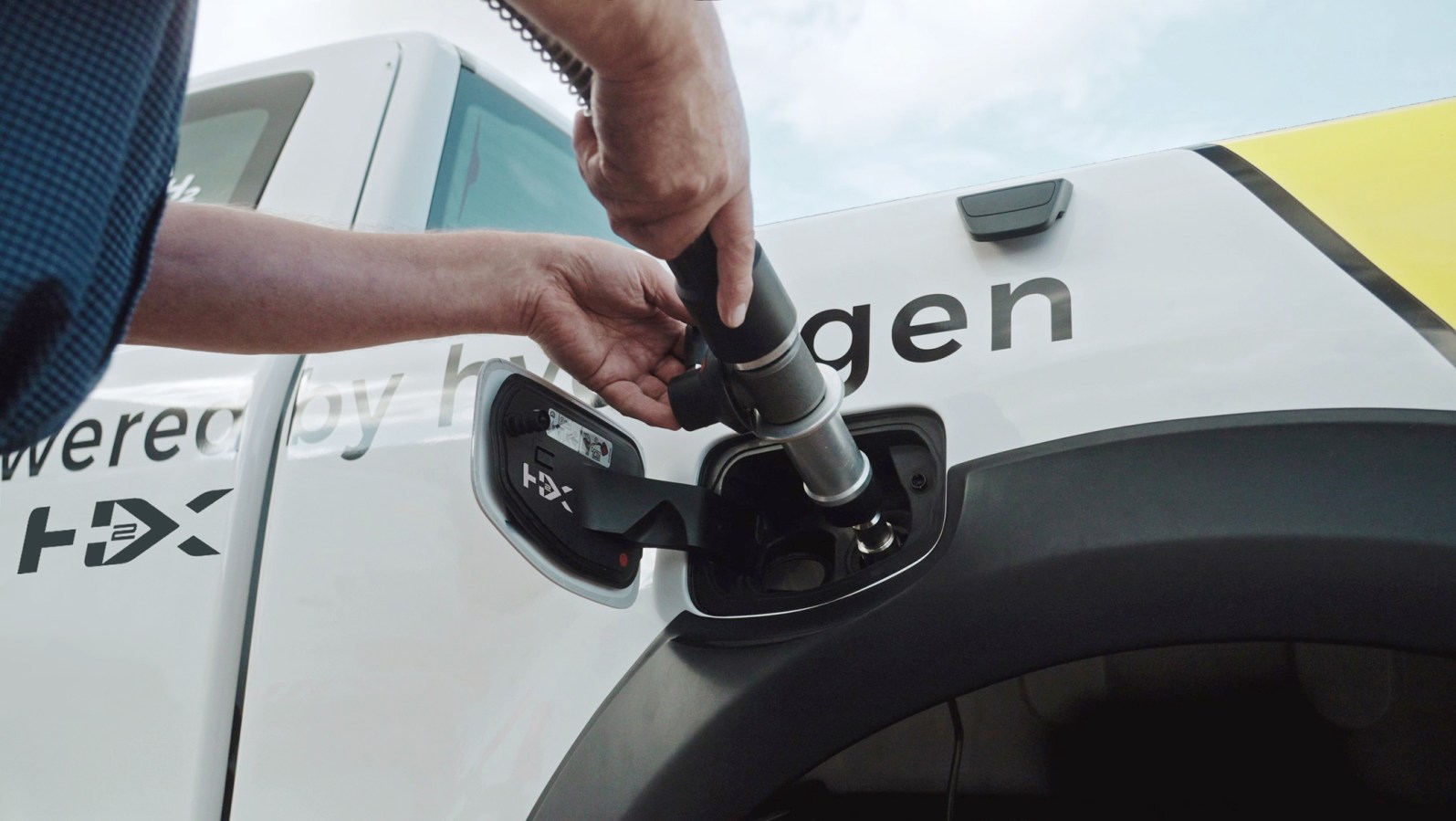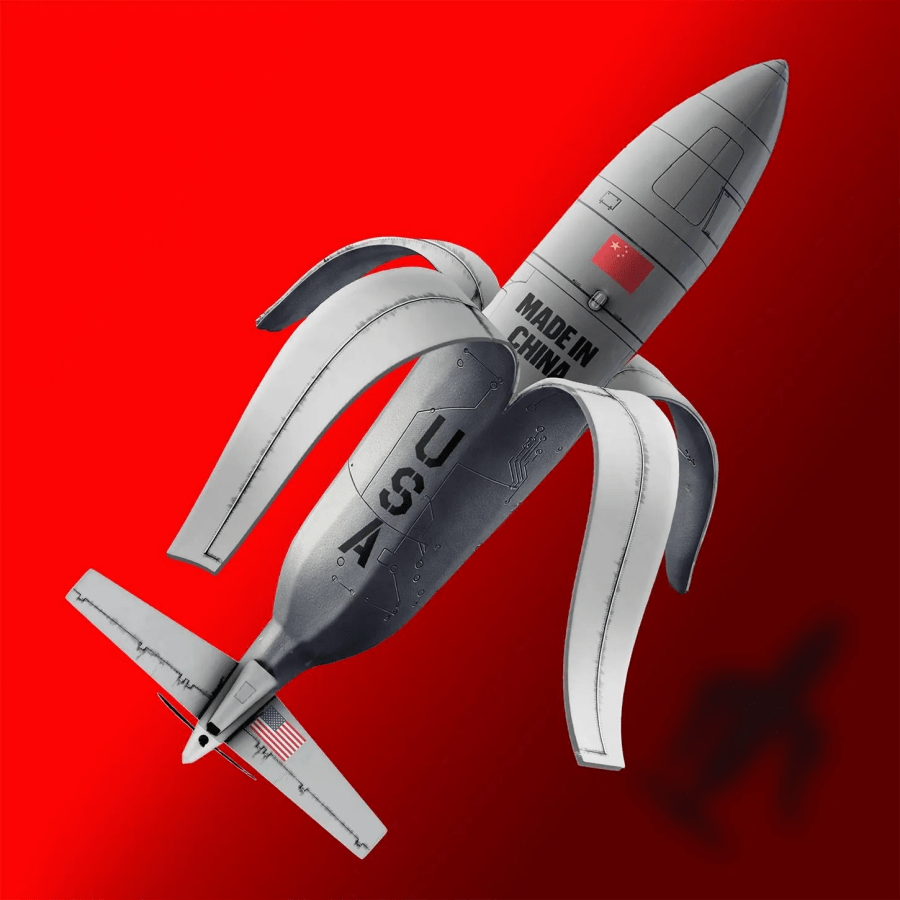It was nearly 50 years ago, in 1976, that Rolex established the Awards for Enterprise – a program originally planned to be a one-off celebration but thanks to the international interest, it became an on-going bi-annual program to name five Laureates who work to improve world life and the environment. Today, Rolex announces the five laureates have been named to receive awards for the year 2023.

A white-thighed colobus, one of the world’s 25 most endangered primate species. The species is endemic to West Africa, meaning the Tanoé-Ehy forest in Côte d’Ivoire is one of the last remaining places they can be found in the wild.
Shutterstock / Torbjoern Lundqvi
The awards are given for new or on-going projects rather than for past accomplishments. Anyone, anywhere, as long as they are at least 18 years old, can apply for the Rolex Award. The group of laureates this past year represented 51 nationalities working on projects in 65 countries – deftly demonstrating the international scope of the awards.
The Awards are given to projects that focus on science and health, applied technology, cultural heritage and exploration with the intent to improve life.

Founder of Asociacion de los Ecosistemas Andinos and co-founder of Accion Andina, Constantino Aucca Chutas, holding small Polylepis trees only a few days before they are going to be planted by Aucca Chutas and the Quishuarani community in the Andean mountains.
© Rolex/Sofia Lopez Mañan
The five people named as 2023 Laureates of the Rolex Awards for Enterprise represent ambitious projects such as providing clean water to protecting forests and more. Peruvian biologist Constantino Aucca Chutas works to protect the forest ecosystem in the high Andes mountains. Via two associations he founded in the past two decades, he will use the Awards to focus on restoring and protecting the forest and protected areas in the mountains of Peru and other high Andean countries.
“I want to share what we’re doing with everybody,” says Aucca Chutas about winning the Laureate. “We are planting millions of trees, and to plant millions of trees, we need a lot of help. With the Rolex Award, we can continue to share our work with people all around the world and inspire them to act.”

2023 Rolex Awards for Enterprise Laureate Beth Koigi in front of Majik Water’s Atmospheric Water Generator during the installation process in Kakuma refugee camp.
© Rolex/Eva Diallo
Kenyan Beth Koigi, a social entrepreneur, will provide solar-powered condensation technology to offer 3,000 people in 10 communities in Kenya with clean water. Since founding her start-up company in 2017, her innovative technology — atmospheric water generators — are producing over 200,000 litres of clean water per month to more than 1,900 people.

Rolex Awards for Enterprise Laureate Inza Koné in the Tanoé-Ehy forest. Koné has been Director-General of the Centre Suisse de Recherches Scientifiques in Côte d’Ivoire since 2018, where part of his role is to help protect and study endangered primates in Côte d’Ivoire’s Tanoé-Ehy Forest. © Rolex/Nyani Quarmyne
© Rolex/ Nyani Quarmyne
Inza Koné, a primatologist, will be protecting a bio-diverse forest in Côte d’Ivoire while at the same time protecting the fauna and working to reduce poverty in the area. After years of work with people in the area, Koné’s efforts resulted in 2021 in the Tanoé-Ehy Forest becoming a community-managed natural reserve.

Rolex Awards for Enterprise Laureate Denica Riadini-Flesch, CEO and founder of SukkhaCitta, is changing the way that clothes are made and sold, down to how the materials are grown, whilst empowering the rural craftswomen that help to create them.
© Rolex/Sébastien Agnetti
Indonesian development economist Denica Riadini-Flesch will work to expand one of the world’s first regenerative farm-to-closet clothing supply chains that she formed, as well as preserving Indonesian local cultures and supporting women’s empowerment. She works with rural craftswomen to offer them business skills and more.
“The Award will allow us to amplify our model by scaling physically across schools, but also digitizing our curriculum so we’re able to reach more women across Indonesia,” says Riadini-Flesch.

2023 Rolex Awards for Enterprise Laureate Liu Shaochuang is a Chinese remote sensing specialist on a mission to save one of Asia’s last large wild animals, the wild camel.
Rolex/ LIU XIAOXUE
Liu Shaochuang, Chinese aerospace scientist, will be studying the habitats of wild camels in order to be able to establish two conservation reserves to save the world’s last wild herds. Having had a role in developing China’s Lunar and Mars rovers, he is using satellite tracking of the camels in the Gobi Desert regions of China and Mongolia to gain insight into their habits and needs for future conservation.
The five winners were judged by a jury of 10 renowned experts and leaders on originality, the impact their project has on the world in general and their own “spirit of enterprise.” Each biennial edition of the Awards witnesses a final five Laureates being named to receive funding to help implement their project.

There are less than 1,000 wild camels left in the wild. The grazing animal is listed as critically endangered by the International Union for Conservation of Nature (IUCN).
Rolex/ LIU XIAOXUE
Rolex estimates that more than 37,000 people have applied for the Rolex Awards for Enterprise since they were established. All candidates are analyzed by researchers and the final applications are then judged by independent experts in interdisciplinary fields.

The mountainous region around the village of Quishuarani, 4,800 metres above sea level, is the location for the Asociacion de los Ecosistemas Andinos reforestation day where they planted 25,000 key native trees.
© Rolex/Sofia Lopez Mañan
The jury changes for each series of the Awards, and typically includes conservationists, doctors, educators explorers and scientists. Sir Edmund Hillary and Junko Tabei, the first man and first woman to ascend Mount Everest, have been judges, as have astronaut Chris Hadfield, former Commander of the International Space Station; leading geneticist Steve Jones; and astrophysicist Brian Schmidt, Nobel laureate and renowned climate change advocate.

A group of Ibus, elder craftswomen, preparing for the next cotton crop by cleaning and planting seeds in East Java, Indonesia. Using indigenous knowledge, farmers working for SukkhaCitta are taught how to grow cotton while regenerating the soil.
© Rolex/Sébastien Agnetti
Rolex has been able to measure the tangible benefits of the Laureates projects as they relate to the environment, noting that 28 million trees have been planted, 52 endangered species and 32 major ecosystems protected, , hundreds of new species have been discovered; 53 challenging expeditions have been completed; and 49 innovative technologies have been developed for a range of applications.
The Rolex Awards for Enterprise was established so Rolex could take an active interest in improving life. It also served as the impetus for the Rolex Perpetual Planet initiative that was established in 2019. The Rolex Awards for Enterprise and the Perpetual Planet initiative are just two prongs in a multi-prong effort that also witnesses Rolex working in partnership with the National Geographic Society to study climate change impact, and with Sylvia Earle’s Mission Blue to save our oceans. There are a host of other partnerships, as well, in the conservation arena under the seas, across river basins and in the arctic.

The Majik Water office in Kenya, where the team assembles the Atmospheric Water Generators. Their units produce between 20 litres and 500 litres of fresh water per day, depending on air humidity, and stacked together could produce 100,000 litres a day.
© Rolex/Eva Diallo
This article was first published on forbes.com.


